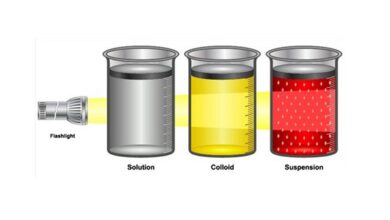What is Factual Sciences Characteristics and Formal sciences
Factual Sciences
The factual or empirical sciences study the events that occur in nature. They deal with the facts and events that occur in the world and that we can know through experience.
The word “factual” derives from the Latin factum which means “fact”. It is based on observation and experimentation to generate scientific knowledge.
Characteristics of factual sciences
This text aims to present some characteristics, based on Mario Bunge’s texts, referring to what the author considers Fact Science. These are not found in the same way as Bunge’s original wording, but present an interpretative notion in what they refer to.
-
- Scientific knowledge is always factual, from its essence.
- It must transcend the facts, it must overcome the quantitative aspect.
- Science must be analytical.
- Scientific research is always specialized.
- Scientific knowledge must be clear and precise.
- It must be communicable.
- It must be verifiable, that is, it must be reproducible.
- Research that generates knowledge, scientific research, must be methodical.
- Scientific knowledge is systemic.
- Likewise, this knowledge must be general.
- It must also be cool.
- Science, by nature, is explanatory.
- Scientific knowledge is productive.
- Science is open.
- Likewise, science, by its nature, must be useful.
Types of factual sciences
Within the empirical or factual sciences, two groups can be distinguished:
- The natural sciences : these study the natural, physical and chemical phenomena that constitute the Universe. Physics, biology, astronomy, chemistry are natural sciences.
- The social sciences : those disciplines that study the phenomena related to the human being, their behavior and interaction. Among these sciences are psychology, sociology and economics.
Example of factual science
biology
Biology is the science that deals with the study of living beings. As such, it encompasses a diversity of fields such as ecology, botany, zoology, microbiology, among others.
Differecne between Formal sciences and factual sciences
| Formal sciences | Factual sciences | |
| Definition | Sciences that are in charge of the study of subjective abstract entities. | Sciences that are in charge of the study of objective facts of nature. |
| object of study | ideals | material facts |
| Statements | Relations between signs. | Relationships between events and processes. |
| Method | Inductive inference. | Observation and experimentation. |
| examples | Mathematics, logic, computer science. | Physics, chemistry, biology, sociology, economics. |


